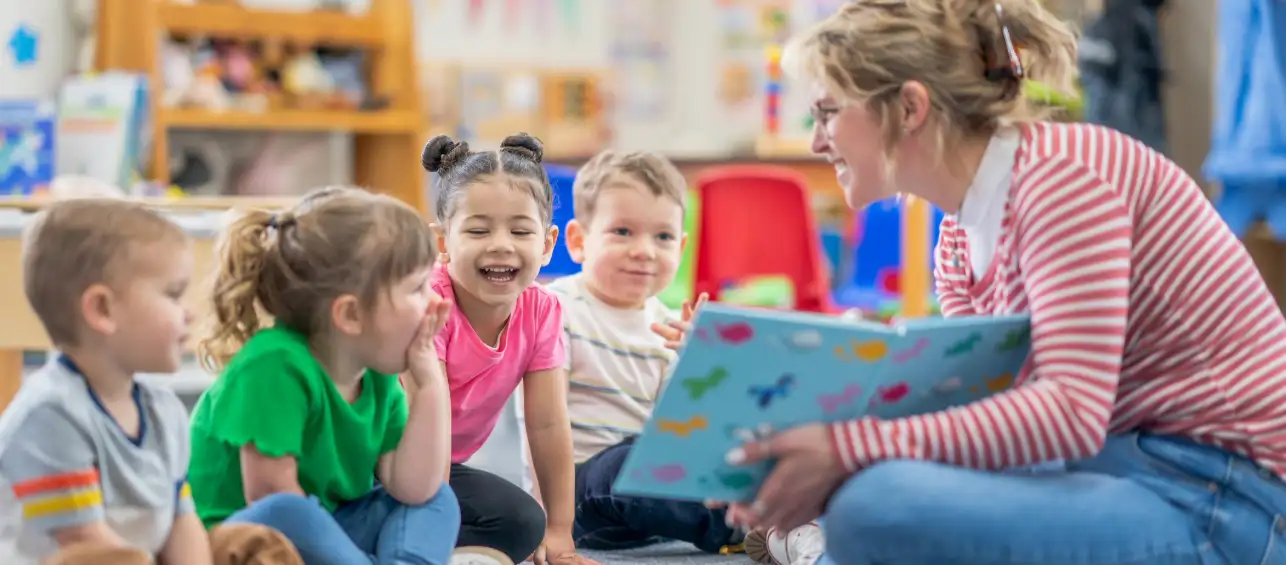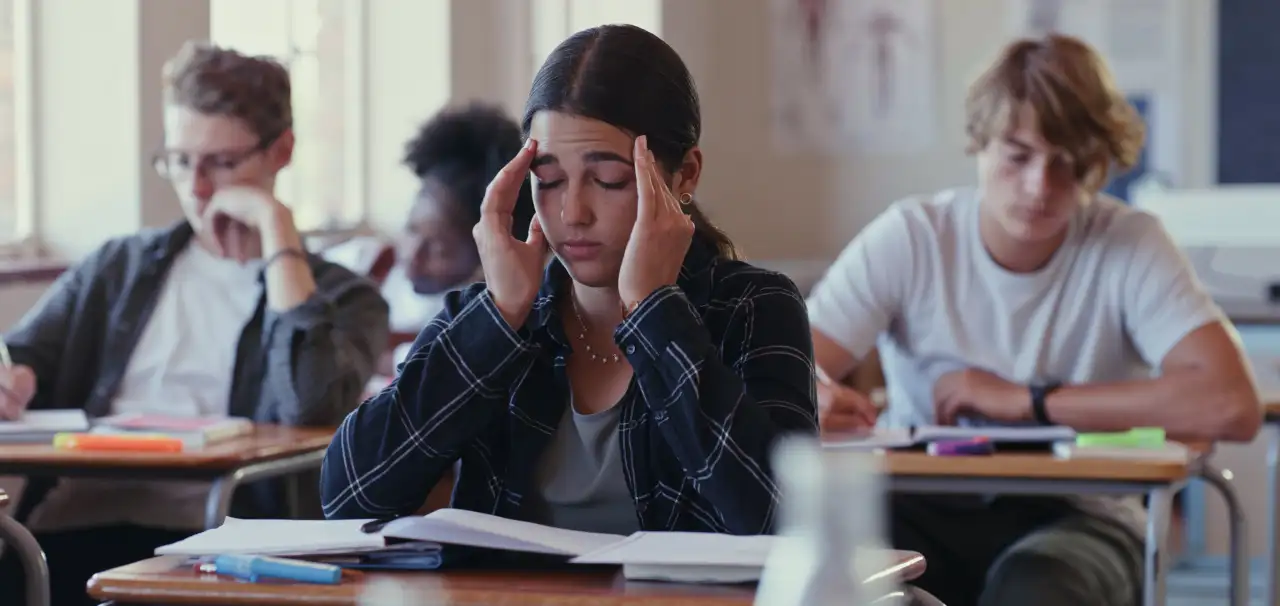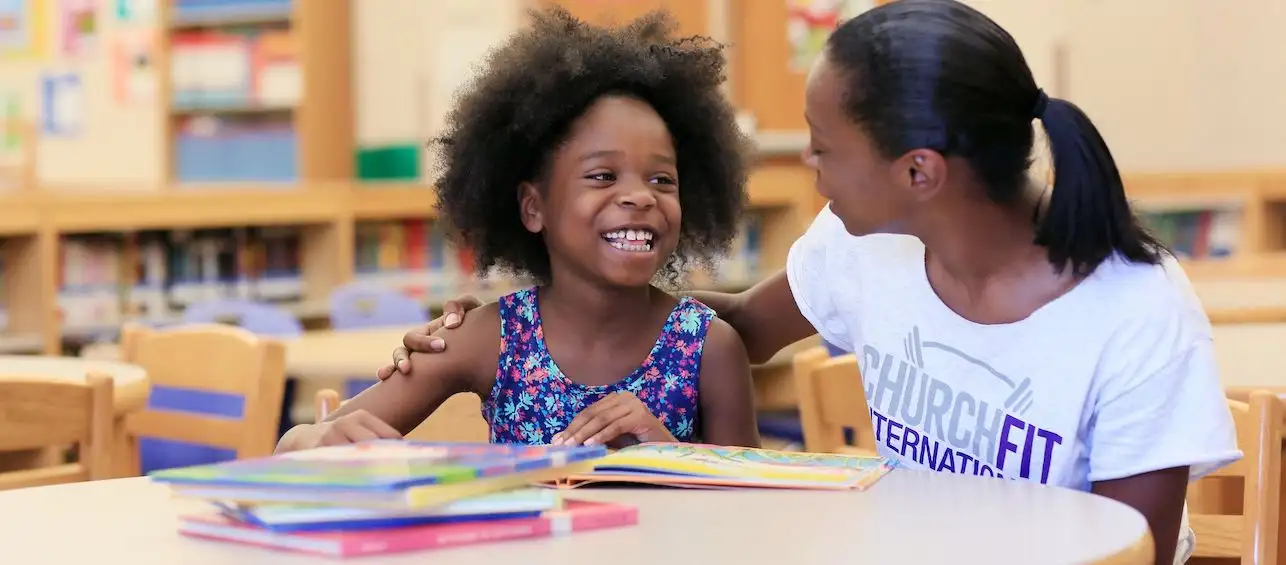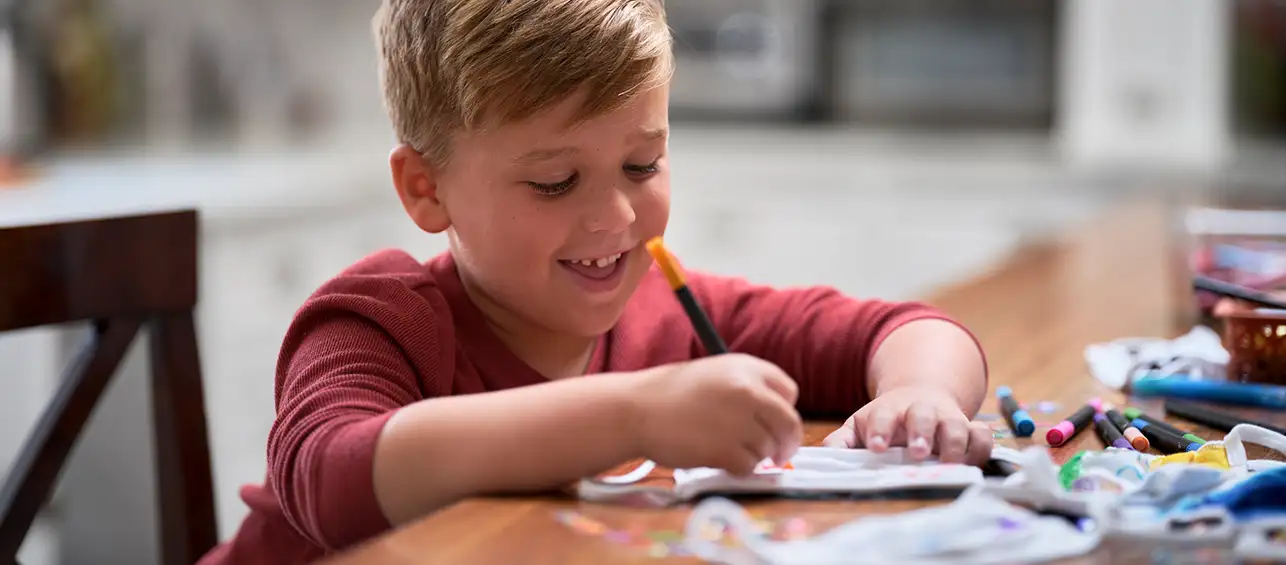Summer is an important time for children to relax and unwind from the school year. It is also important to keep them engaged in academic and social-emotional learning to maintain the skills they learned during the school year and prevent learning loss, sometimes called the “summer slide.”
Learning during the summer doesn’t have to be expensive or time-consuming. There are many ways to create learning opportunities in everyday tasks and outings. Below are some ideas for keeping your child engaged:
At Home
- Have your child read the directions and help measure when cooking and baking.
- Play board games to practice counting and math skills.
- Use materials you have around the house to create STEM (science, technology, engineering and mathematics) experiments such as a baking soda and vinegar volcano eruption.
- Have your child read a book or magazine for 15 minutes a day.
- Arts and crafts can help your child practice colors, numbers and fine motor skills.
- Your child’s school may have sent home information about educational websites or materials to strengthen skills. Check that backpack to see if anything came home on the last day!
Outside
- Take “mindful walks” with your child. During the walk, practice mindfulness and grounding techniques such as five things you can see, four things you can touch, three things you can hear, two things you can smell and one thing you can taste.
- Create an alphabet scavenger hunt with items from in and around the house.
- Practice writing letters, numbers, names and math problems using sidewalk chalk.
- Create an outdoor obstacle course to strengthen gross motor skills.
- Create a sight word hopscotch game.
- Look for ways to incorporate sensory opportunities such as water play, sand and finger painting.
In the Community
- Local libraries offer summer reading challenges, story time and other educational activities tailored to various age groups.
- Volunteering at local community shelters and businesses can help foster empathy.
- When at the grocery store, have your child count out money or develop a household budget.
- Many local businesses may have discounted or free admission to their events for students.
- Engage in recreational activities in the community such as biking, playing a sport or going to the park to promote friendships, team building and gross motor skills.
If you have a child going to school for the first time as a kindergartener, the Getting Ready for Kindergarten | Ohio Department of Education and Workforce offers examples of kindergarten readiness skills. Also, be sure to check out the Young & Healthy Podcast to find more helpful information to prepare your little learners for kindergarten.
If you have concerns that your child has experienced learning loss, make sure you talk to your child’s new teacher at the beginning of the school year to see if additional support is necessary.
Editor’s Note: School Liaison Specialists, Ashley Baker and Ellie Nordman, also contributed to this blog post.






